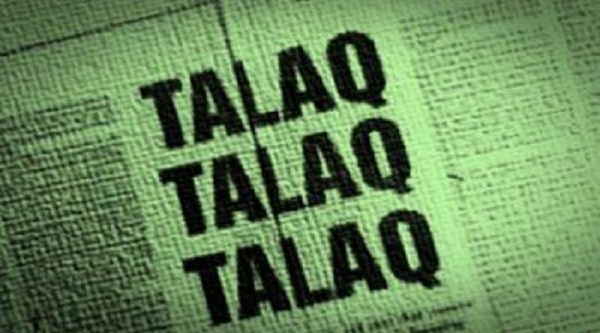Iran's Rouhani warns Macron of looming nuclear step
Mon 02 Sep 2019, 16:40:53
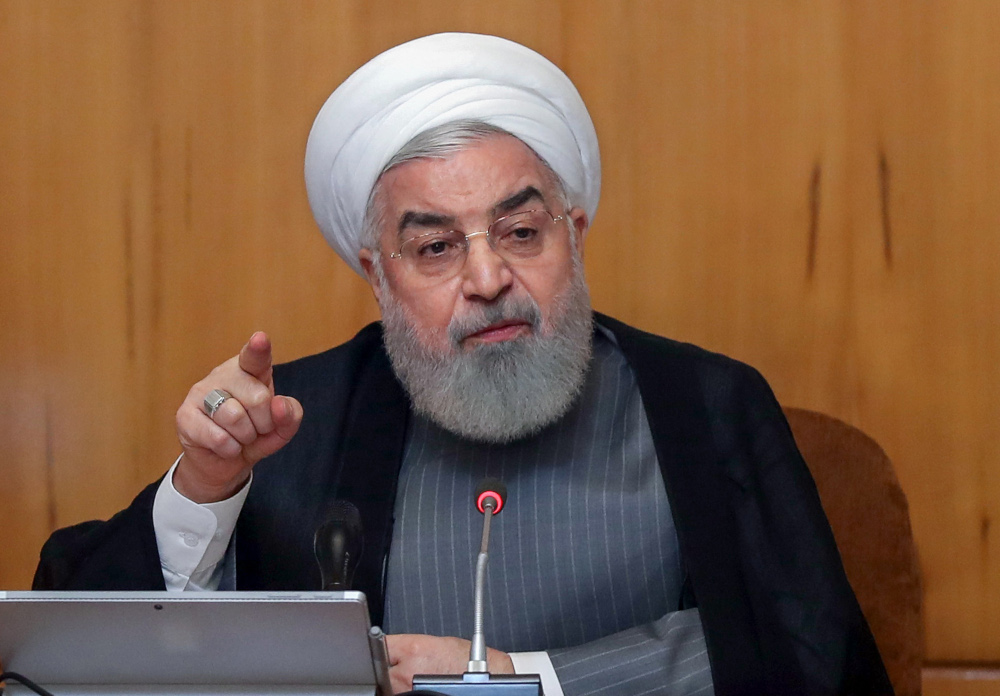
President Hassan Rouhani spoke with French counterpart Emmanuel Macron, warning him Iran would take the next step in reducing its nuclear commitments unless Europe lives up to its own undertakings.
Tensions have spiked in the Gulf since May last year when President Donald Trump unilaterally withdrew the US from a nuclear deal between Iran and world powers -- known formally as the Joint Comprehensive Plan of Action (JCPOA).
The escalation has seen ships attacked, drones downed and tankers seized in the Strait of Hormuz, a chokepoint for around a third of the world's sea-borne oil.
At the height of the crisis, Trump ordered strikes against Iran on June 21 before cancelling them at the last minute.
Macron has been leading efforts to de-escalate the situation, and expressed hopes at a G7 meeting last week of bringing Rouhani and Trump together for a meeting.
But Rouhani has played down the likelihood of that happening unless the United States first lifts crippling sanctions that it has slapped on Iran since pulling out of the deal.
"If Europe cannot operationalise its commitments, Iran will take its third step to reduce its JCPOA commitments," Rouhani told Macron on Saturday in a phone call, quoted by the government website.
However, "this step, just like the other ones, will be reversible," he added.
"Unfortunately after this unilateral move by the US, European countries did not take concrete measures to implement their commitments. "The contents of JCPOA are unchangeable and all parties must be committed to its contents," he said.
Rouhani said Iran had two priorities: for all parties to the JCPOA to fully implement their obligations and "securing the safety of all free maritime transportation in all waterways including the Persian Gulf and Strait of Hormuz".
In a statement from his
office, Macron stressed the importance of "the current dynamic to create the conditions for a de-escalation through dialogue and building a durable solution in the region".
office, Macron stressed the importance of "the current dynamic to create the conditions for a de-escalation through dialogue and building a durable solution in the region".
A French diplomatic source said it was important, after recent discussions between Paris and Tehran, to establish that Rouhani was "still ready to negotiate. And that is the case".
Twelve months after the US pulled out of the nuclear deal, Iran began reducing its commitments under the accord.
The UN nuclear watchdog, the International Atomic Energy Agency, said Friday that just over 10 percent of Iran's uranium stockpile was now enriched up to 4.5 per cent, above the 3.67 per cent limit stipulated in the 2015 deal.
It also said Iran's total stockpile of uranium, which under the accord should be no more than the equivalent of 300 kilograms (661 pounds) of uranium hexafluoride, now stood at roughly 360 kilograms.
Iran has not specified what its third step might be in reducing its commitments to the deal.
Foreign Minister Mohammad Javad Zarif said on Tuesday in an interview with the Sueddeutsche Zeitung newspaper that the step would be taken on September 6.
Rouhani's chief of staff Mahmoud Vaezi said the third step would be taken "in the event Iran's demands are not met".
"A committee decides the third step and we will decide... Two or three days prior to the deadline," he said late Saturday, quoted by state news agency IRNA.
Vaezi said Deputy Foreign Minister Abbas Araghchi would head an Iranian economic delegation travelling to France on Monday to discuss proposals aimed at salvaging the nuclear deal.
Macron has urged the US to offer some sort of relief to Iran, such as lifting sanctions on oil sales to China and India, or a new credit line to enable exports in return for its compliance with the nuclear deal.
No Comments For This Post, Be first to write a Comment.
Most viewed from International
Most viewed from World
AIMIM News
Latest Urdu News
Most Viewed
May 26, 2020
Do you think Canada-India relations will improve under New PM Mark Carney?
Latest Videos View All
Like Us
Home
About Us
Advertise With Us
All Polls
Epaper Archives
Privacy Policy
Contact Us
Download Etemaad App
© 2025 Etemaad Daily News, All Rights Reserved.

.jpg)
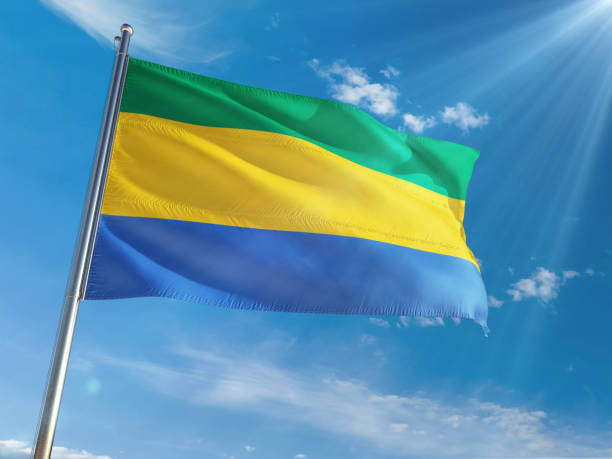
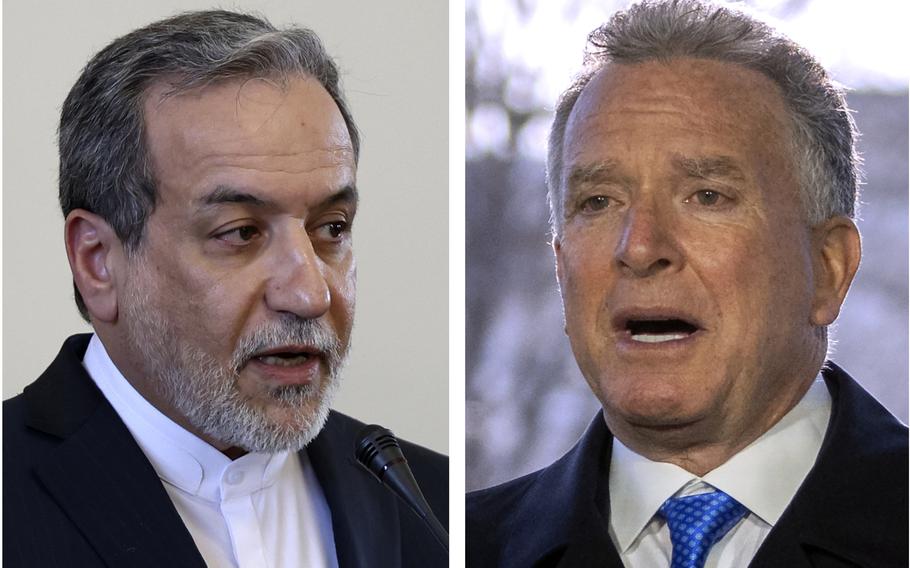
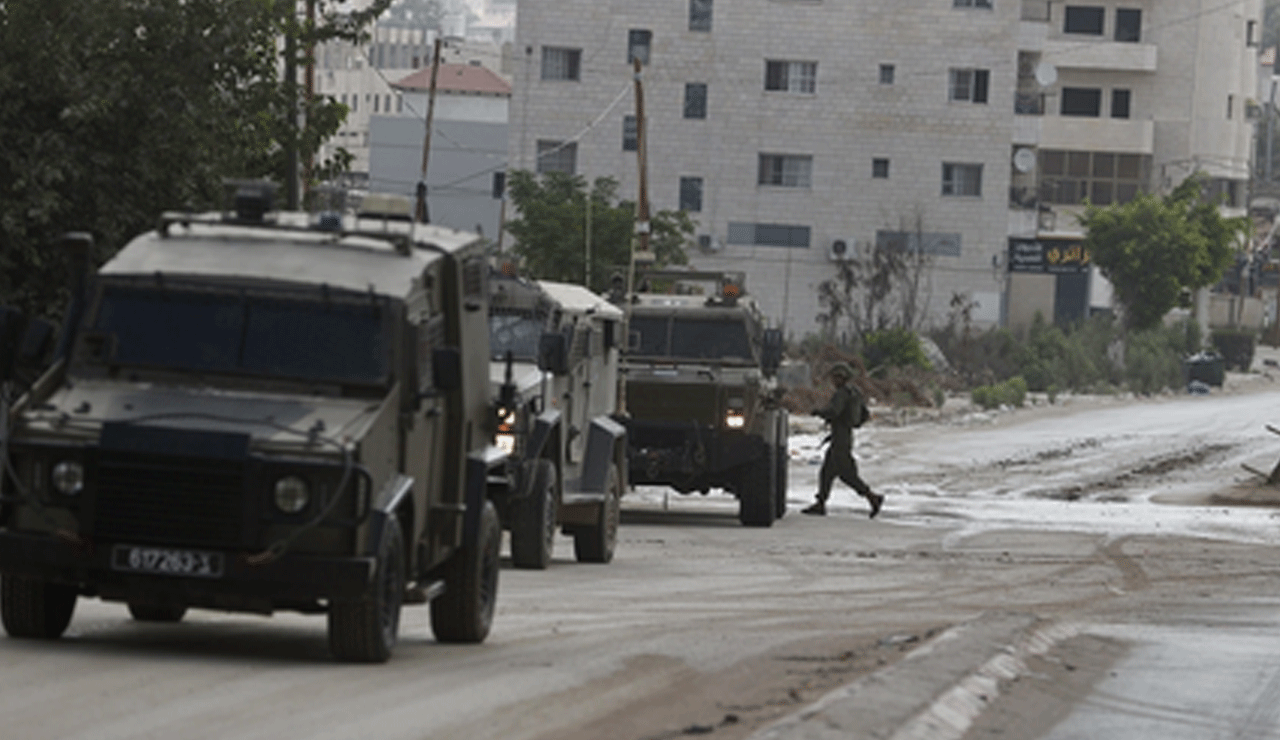
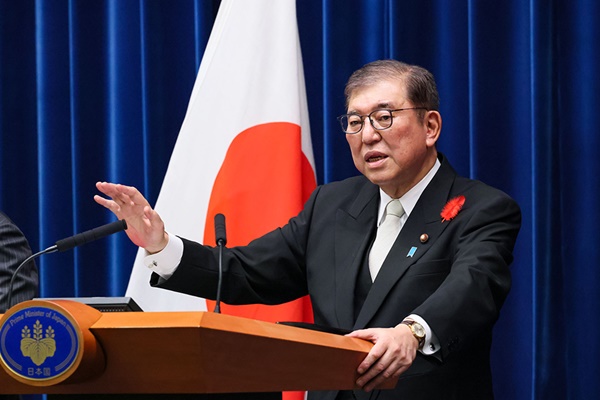
.jpg)
.jpg)
.jpg)
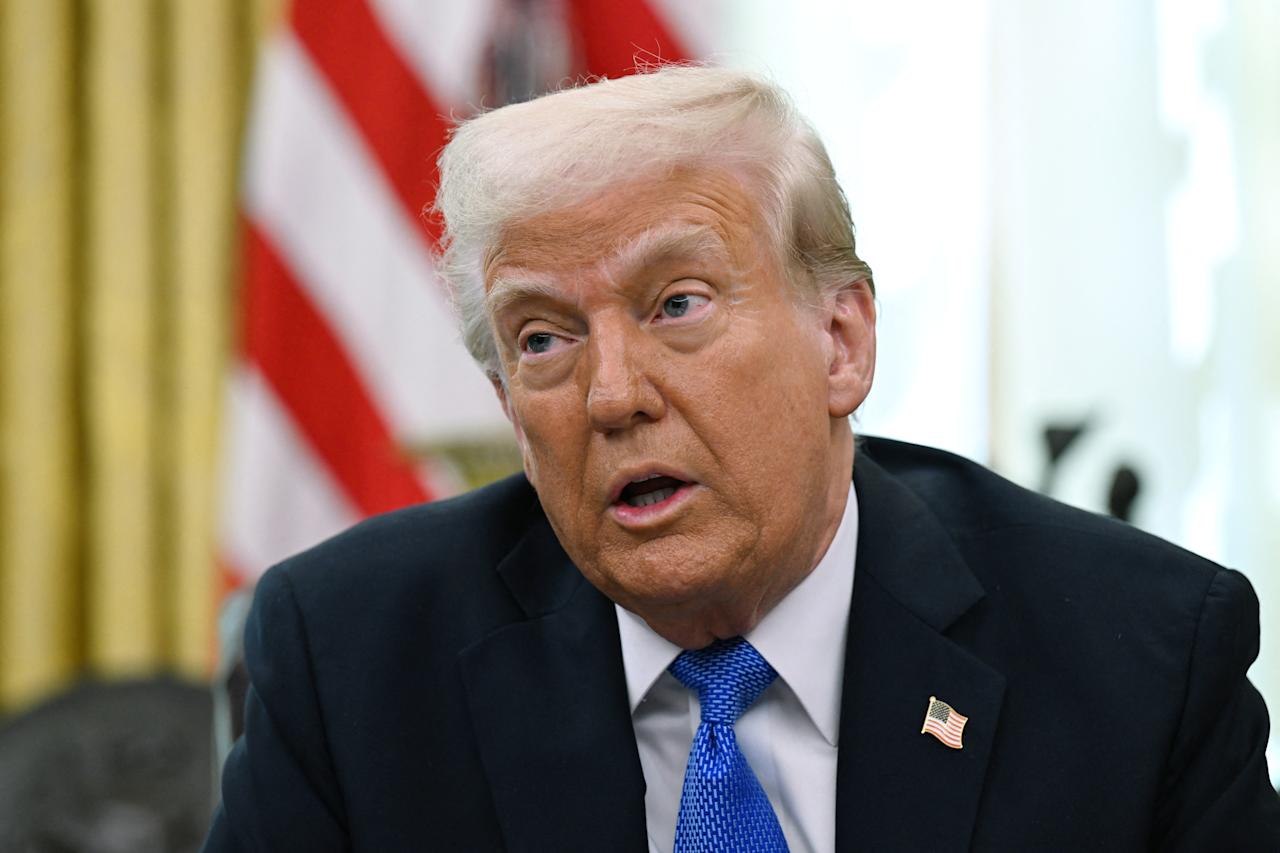
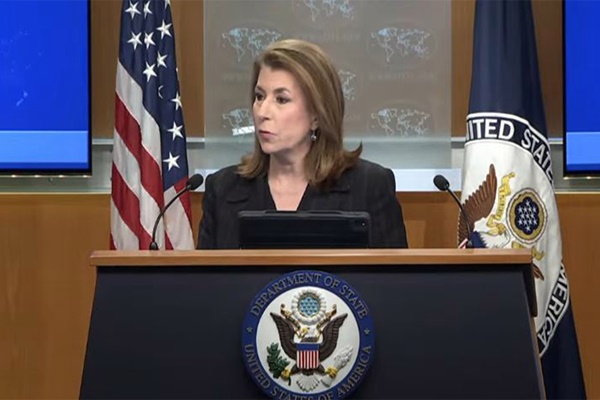
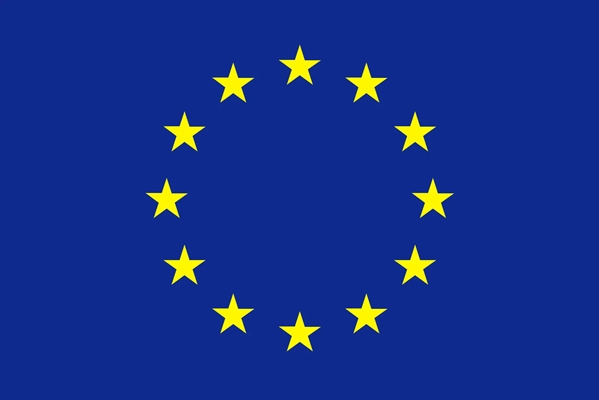
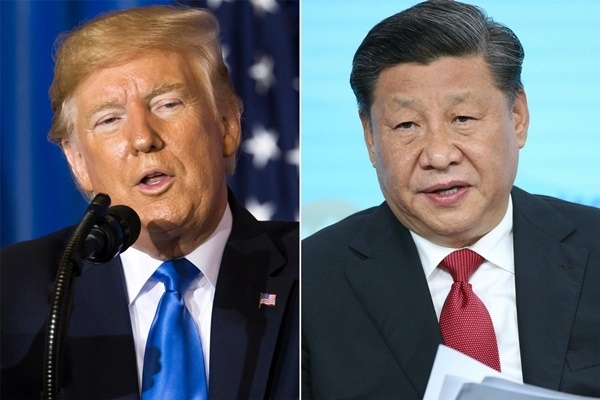
.jpg)
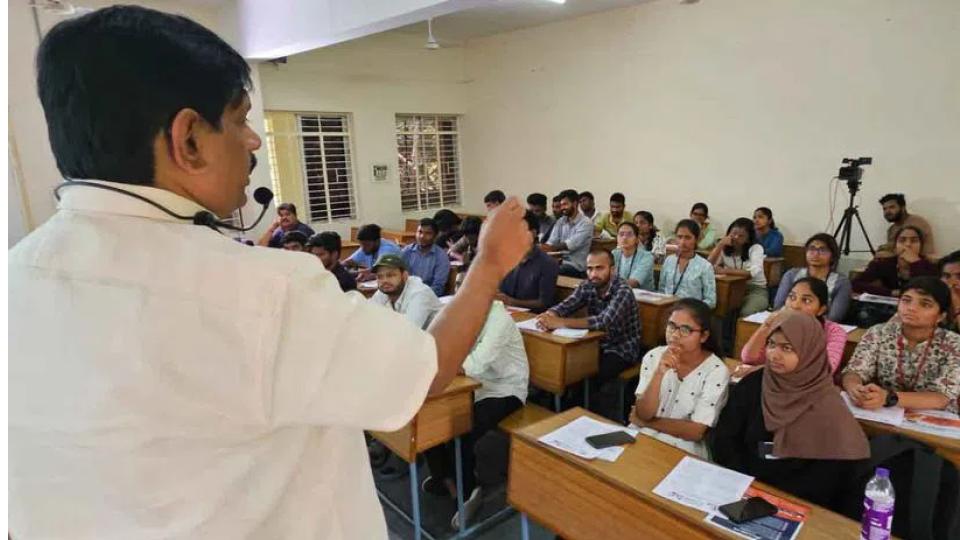
.jpg)
.jpg)
.jpg)
.jpg)
.jpg)
.jpg)
.jpg)
.jpg)
.jpg)
